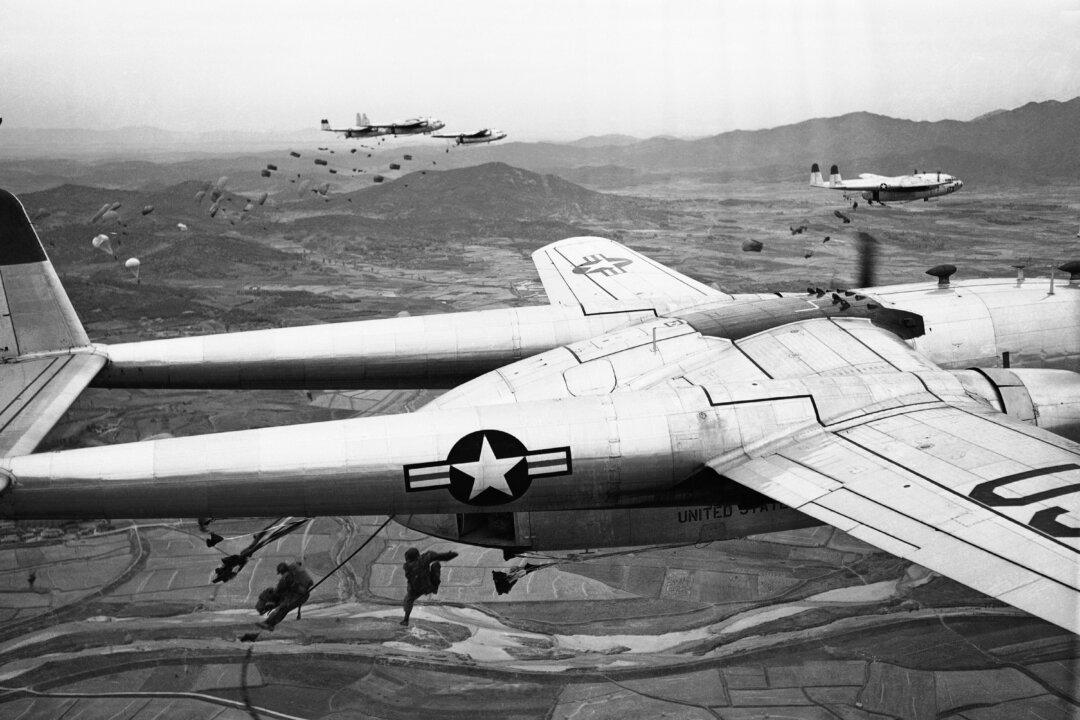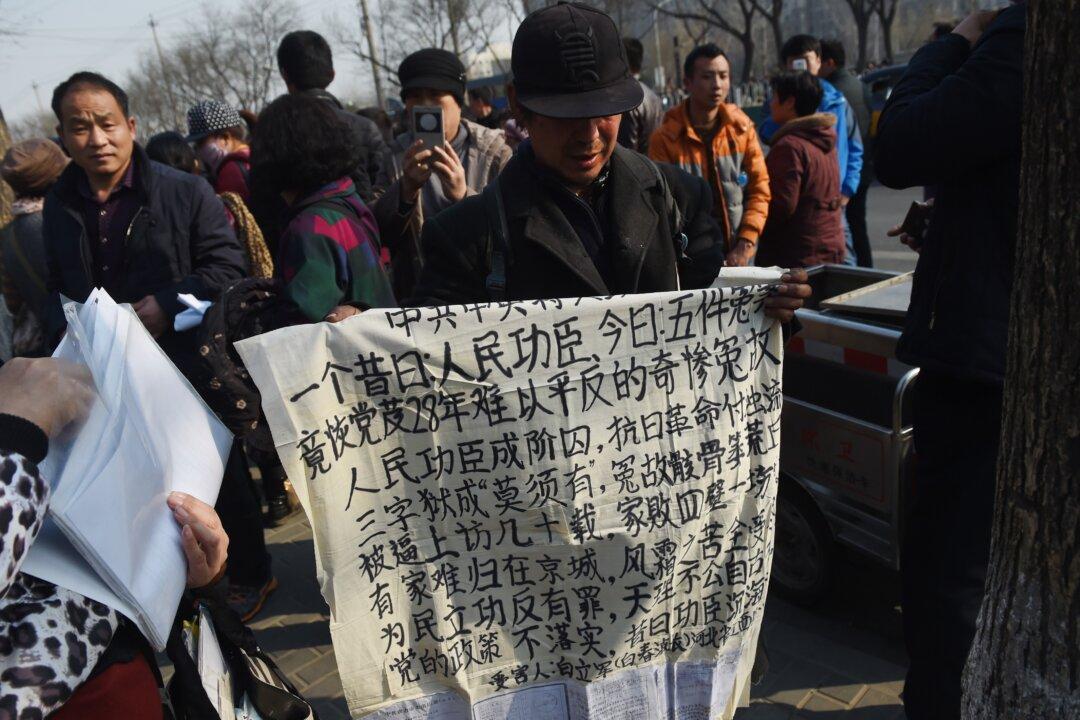To commemorate the 70th anniversary of the Korean War (1950-1953), China’s state-run broadcaster CCTV (China Central Television) began airing a six-part documentary series called “For Peace” on Oct. 18. The series, described as “resist U.S. aggression and aid Korea to protect the homeland” is being broadcast as Sino-U.S. relations have recently intensified to an unprecedented scale since the establishment of diplomatic relations. The documentary promotes Beijing’s anti-American propaganda narrative.
The CCTV stated in a report that “to commemorate the 70th anniversary of the Chinese People’s Volunteer Army’s mission abroad to fight against U.S. aggression and aid [North] Korea, with the approval of the Central Military Commission, the Political Works Department of the Central Military Commission organized and filmed six episodes of a large-scale TV documentary ‘For Peace.’” Each episode is about 50 minutes long.




